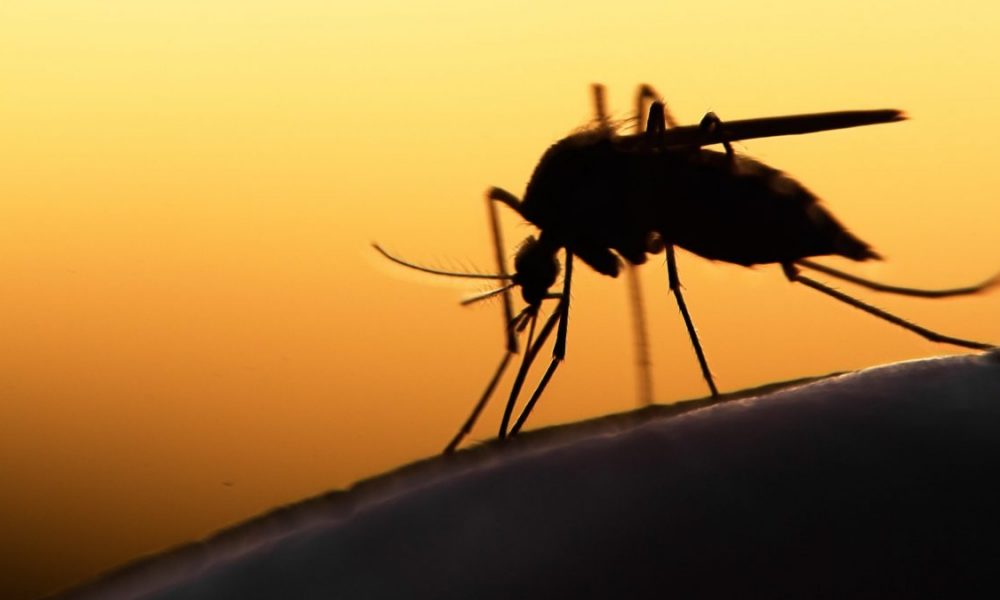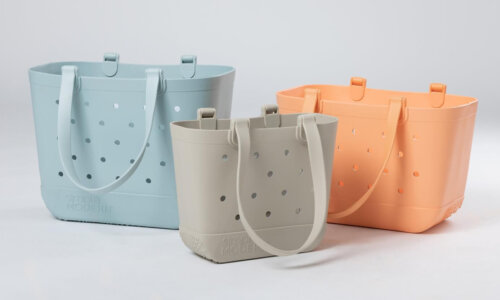Mosquitoes are a nasty part of every summer, but they are in the spotlight after a recent CDC health advisory about malaria. So to protect yourself, you want to make sure you purchase a product that really works.
A few days ago, Nygelle Davis was sitting in a park, swatting away mosquitoes and other small insects. She struggles with mosquito bites and is always looking for ways to keep them away.
“I just keep from putting on fragrances like lotion,” she said.
Emily Reynolds, meanwhile, hates using sprays, so she keeps her yard mosquito free with natural traps.
“We’ve got two of them in our yard, and we haven’t really had any problems,” she told us.
But mosquitoes aren’t just a nuisance; they spread bug-borne diseases such as Lyme disease and West Nile virus.
MORE: Luggage trackers: Do they work and are they safe?
Which Products Work Best
To help you fight off the skeeters, Consumer Reports rallied some brave volunteers to put repellents to the test. The volunteers exposed their arms to disease-free mosquitoes, which is not for the squeamish heart.
Consumer Reports’ Catherine Roberts says products with DEET levels of 25% to 30% provided the best protection against mosquitoes and ticks. The top-rated products lasted at least five hours, though she says figures vary.
“If you are swimming, if you’re sweating a lot, those things can wear off,” she cautioned.
But what about more natural alternatives for those who don’t want to use DEET?
“We recommend looking for either 30% oil of lemon eucalyptus or 20% picaridin,” Roberts said.
She says whichever products you choose, follow the instructions on the label. You can click here for the full report.
Without protection, you may end up like Kevin Young, who told us, “I stay in the house, pretty much.” And that’s a shame, unable to enjoy these long summer days.
As always don’t waste your money.







